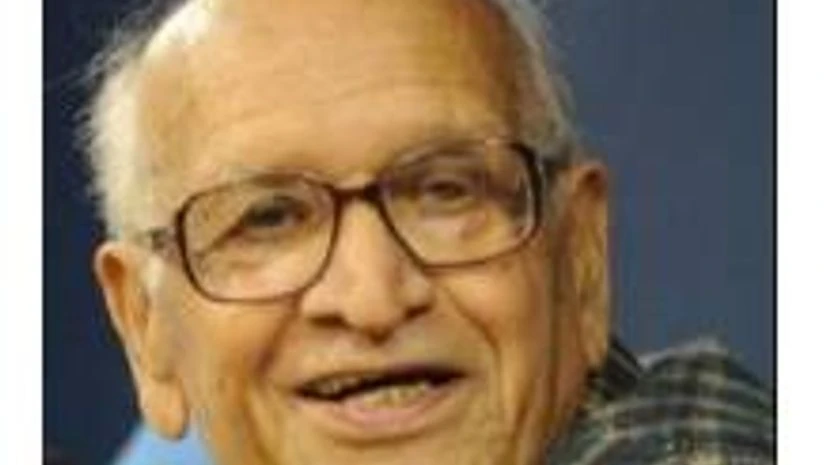Eminent historian and chronicler of modern Indian history Bipan Chandra, 86, died on Saturday morning after a prolonged illness. Chandra’s writings on the national movement and modern history, often regarded as the Marxist interpretation of history, were nonetheless the staple textbook for generations of students. His books include, The Rise and Growth of Economic Nationalism, Nationalism and Colonialism in Modern India, The Making of Modern India: From Marx to Gandhi and The Indian Left: Critical Appraisal and In the Name of Democracy: The JP Movement and the Emergency.
Chandra, one of the leading lights of the liberal left movement, was conferred Padma Bhushan.
Romila Thapar, historian and colleague, told Business Standard that Chandra was “an intellectual with whom I shared many ideas”. Talking about the resistance she had faced in the 1960s when trying to change the history syllabus at the Delhi University, she said, “It was Chandra then who was teaching in Hindu College who helped us to take it forward.”
Thapar said, “His contribution to the study of the national movement was enormous. He emphasised on the secular interpretation of anti-colonial nationalism and was one of those historians who rejected the communal interpretation of Indian history.”
Thapar, who along with Chandra wrote history textbooks for NCERT which were taught in schools, added, “His intention was always to broaden the study of history to something more than just names of kings and queens. It is these history books that were attacked by the BJP government when it was in last in power.”
Former Jamia Millia Islamia University vice- chancellor and historian Mushirul Hasan described Chandra as “more than just a historian belonging to an outstanding group of social scientists.”
Hasan said, “He was not just an armchair intellectual but remained an activist all his life; he stood out against injustice and Western imperialism. He believed that his responsibility did not end with the classroom.”
Defending Chandra from the critique of being a ‘Marxist historian’, Hasan said, “It is an unjustified attack of rightwing historians.” “Chandra added to the understanding of history both in India and among the scholarly community outside the country. A whole generation of scholars were inspired by his teaching,” said Hasan.
According to Hasan, Chandra was a leading figure in his field and was much admired. “He had a loud voice and spoke with much passion and could almost be described as an argumentative historian. His lectures were attended by even those who were not his students,” said Hasan.
“Being someone who has followed his work and career, I hope the Hindutva brigade draws a lesson from his dissent and commitment to a liberal and secular interpretation of history,” said Hasan.
Eminent historian passes away at 86
Bipan Chandra (May 27, 1928 - August 30, 2014)
)
Courtesy: Penguin Books
Don't miss the most important news and views of the day. Get them on our Telegram channel
First Published: Aug 30 2014 | 11:09 PM IST

